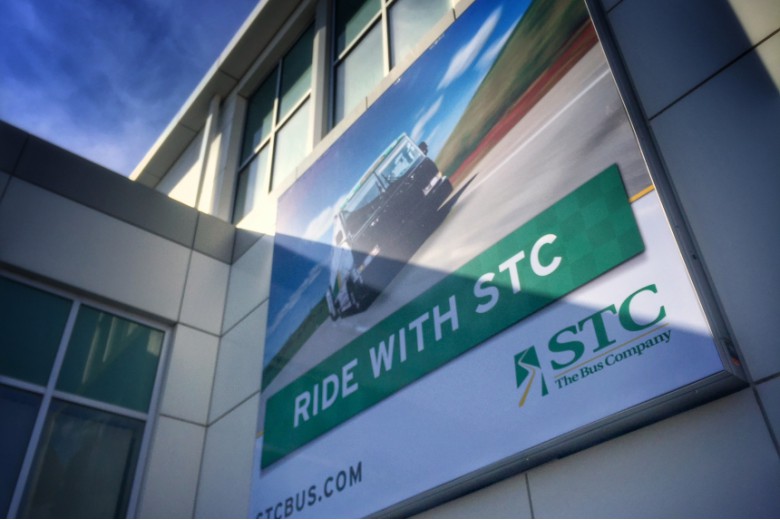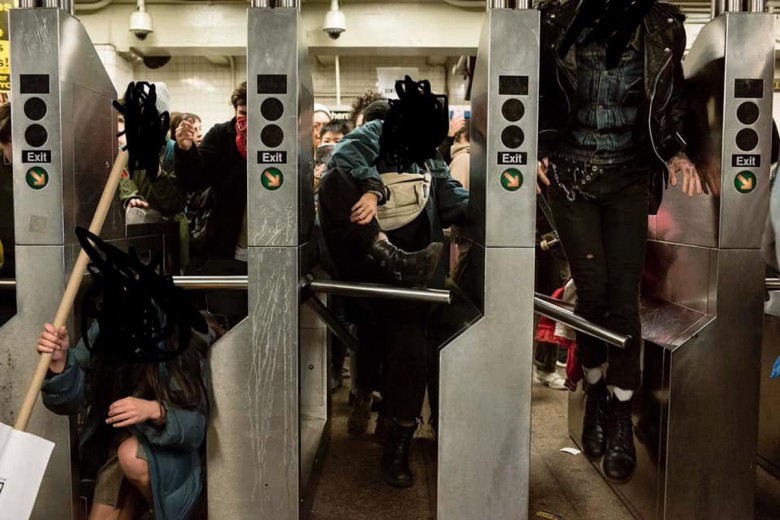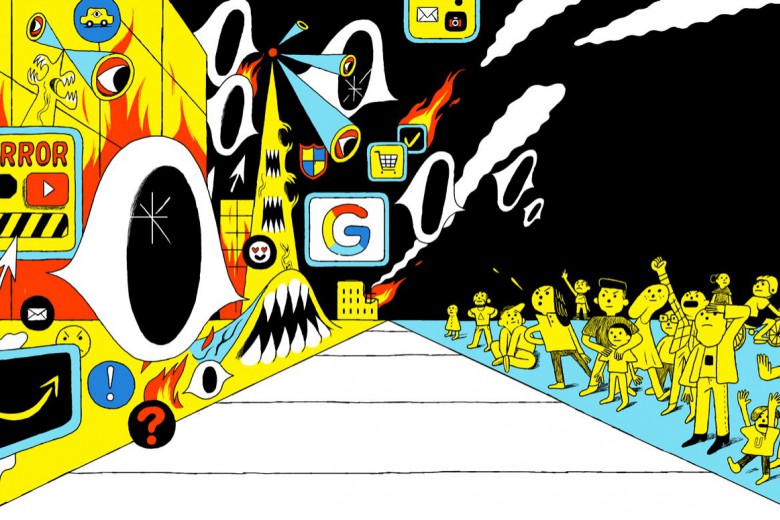Transportation and its cost have rarely been the subject of such intense interest as they are today. We would likely have to go back to the oil crises of 1973 and ‘79 to observe a similar level of attention paid to the subject. If we did, the dinner table discussions about war, economic disruption, and anxiety over the rising cost of living would feel somewhat familiar.
Despite these similarities, the responses in the two eras differ somewhat predictably. In the 1970s, governments across Europe banned car use on Sundays. In the U.S., officials asked citizens to refrain from using Christmas lights while Congress would pass the first fuel efficiency standards under Republican president Gerald Ford in 1975. In Canada, Pierre Trudeau’s government created the Crown corporation Petro-Canada.
In contrast, today, after decades of austerity and the promotion of individualism under neoliberalism, even nominally progressive governments like the NDP in British Columbia have responded with measures like a one-time rebate for drivers.
But what is more interesting than the differences between the two sets of responses is what they have in common. With few exceptions, the aim is to treat the symptoms while actively encouraging the growth of the underlying problem: private vehicles. This is not surprising considering the private car’s role in deepening and expanding capitalism in the 20th and 21st centuries.
Mobility is not just how we get from A to B; it is about social justice and health, housing and democracy, and the climate crisis.
The relationship of the private car to capitalism was perhaps most succinctly put in an essay, “The Social Ideology of the Motorcar,” published in 1973 by philosopher André Gorz. In the essay, Gorz notes how cars generate a dependence that is incredibly profitable to industry while ruinous to its users and their communities, especially in cities.
Gorz pointed out that the mass adoption of cars, achieved through significant oil and car industry lobbying in the postwar era, required the enclosure of vast amounts of public space. Access to this space and, in turn, mobility became dependent on the purchase of a commodity that costs, on average, roughly between one-fifth and one-third of the annual median income in Canada to own and operate. Additionally, the car’s vociferous appetite for space meant that cities underwent massive expansions through suburbanization to accommodate them. Medical appointments, workplaces, and grocers that were once within your neighbourhood or a short commute by public transit became increasingly distant.
But perhaps Gorz’s most significant insight was about how cars made public, collective forms of transportation less efficient, more costly, and inconvenient. Cities built at the scale of the car require ever greater distances to be traversed by public transit, costing public coffers more and more to build and service them. Buses are slowed considerably by car congestion. The roads and highways necessary to use cars, which require near constant expansion due to the law of induced demand, absorb huge sums that could be invested in public transit. Look no further than Ontario Premier Doug Ford’s announcement that he intends to spend $25 billion on highway expansion and rehabilitation over the next 10 years.
To combat the high personal and public cost of commodified transportation in a sustainable and just way, we must break from the “social ideology of the motorcar” and instead advance socialized and democratized forms of transportation. In doing so, we should take a cue from Gorz and “never make transportation an issue by itself.” Mobility is not just how we get from A to B; it is about social justice and health, housing and democracy, and the climate crisis.
With few exceptions, the aim is to treat the symptoms while actively encouraging the growth of the underlying problem: private vehicles.
Achieving a just mobility system will not happen overnight, but there are demands we can advance today. Take, for example, the fare-free transit movement. It is premised on the idea that transportation is a public good that should be freely accessible to all. It directly addresses the cost of transportation; fare policing that disproportionately targets Indigenous, Black, and brown people; and the imperative to reduce car travel due to climate change. This needs to be complemented with amenity-dense communities and protected pathways that are accessible to pedestrians, cyclists, and those using mobility aids – all of which is only possible by taking space away from cars.
In addition to urban transportation, a national public inter-city bus system and expanded rail service are long overdue. The health and safety of those in rural and remote communities, many of whom are Indigenous, must not be dependent on access to privatized, for-profit forms of transportation that are operated (or not) at the whims of corporations, as we saw with the end of Greyhound bus service across Canada in May 2021.
Ultimately, overcoming the atomization of capitalism and its embodiment in car dependency requires building communities in ways that enable rather than constrain collective action and democratic control. Any progressive response to high transportation costs must move us toward the decommodification and socialization of mobility to advance, as Gorz wrote, “a unified life, sustained by the social fabric of the community.”







